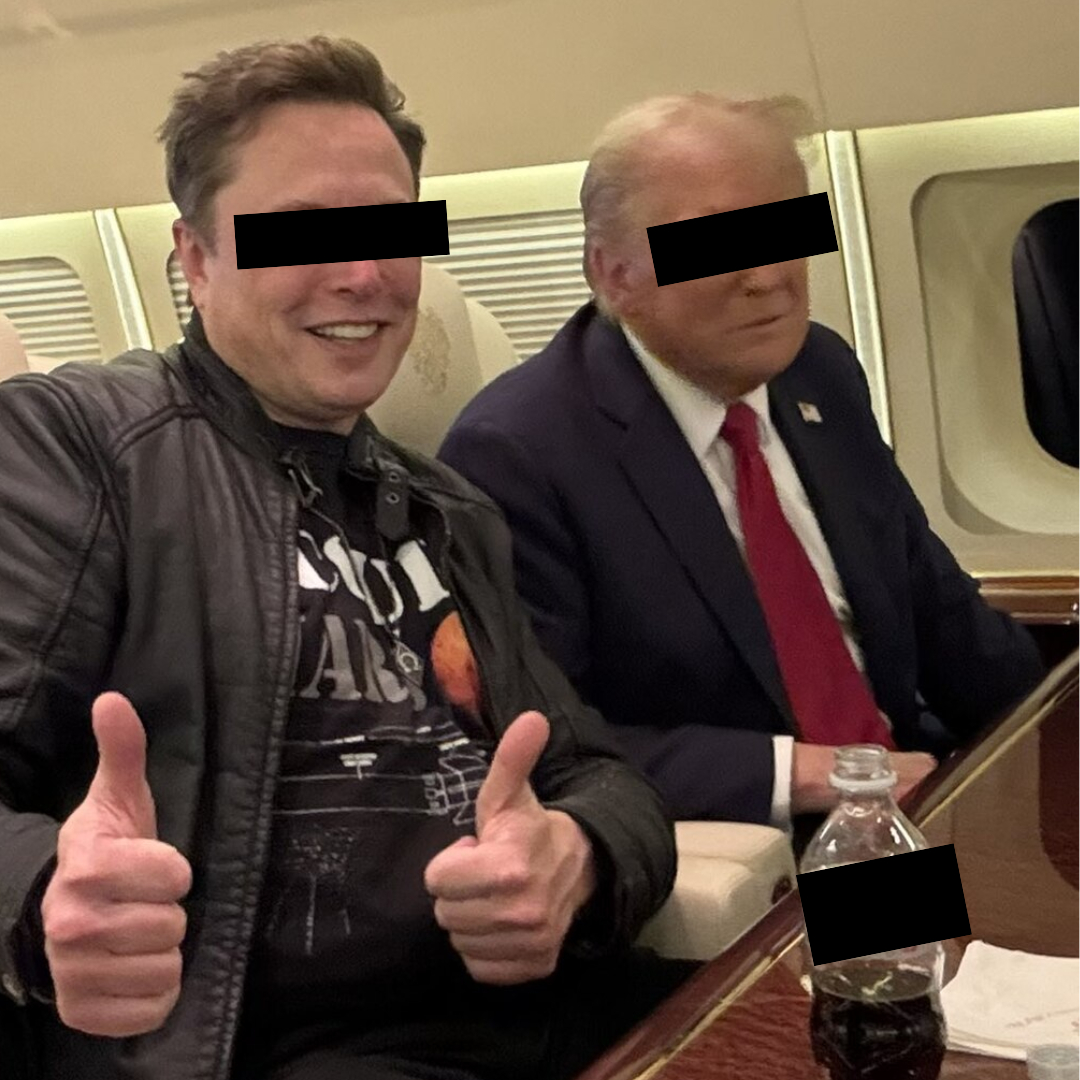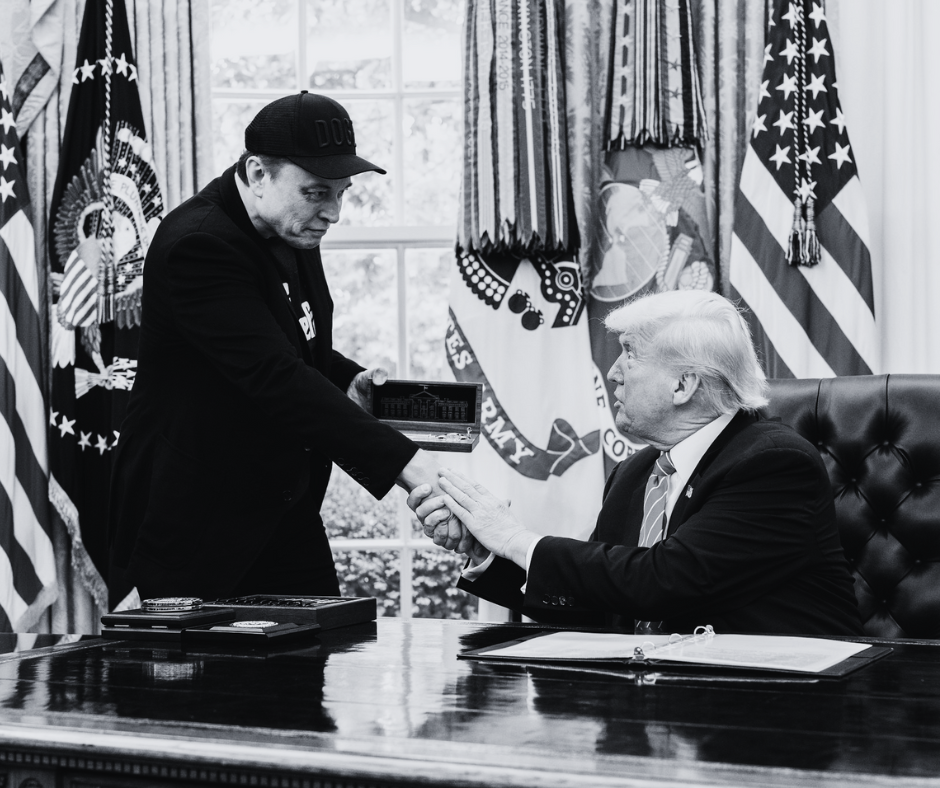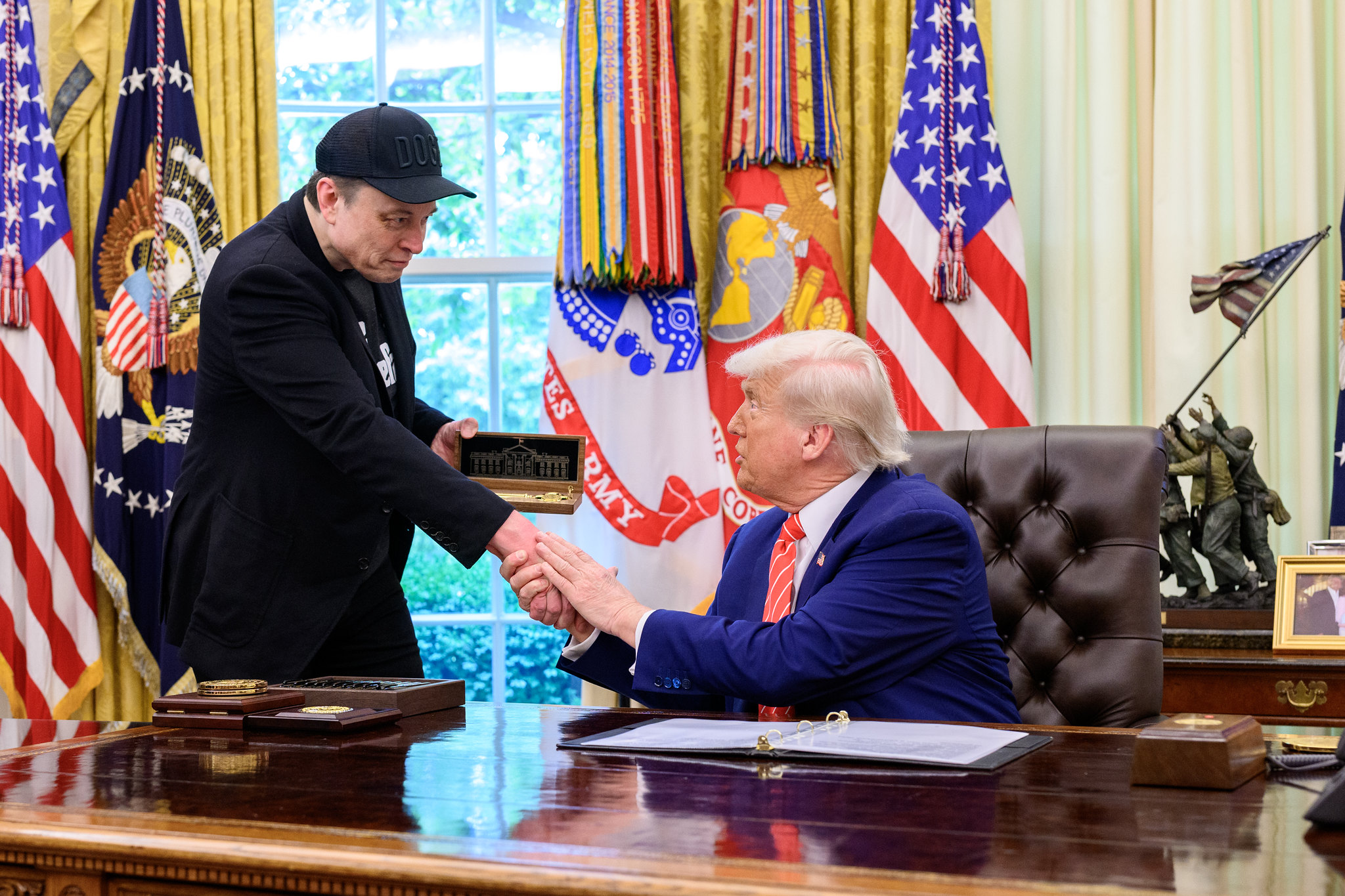
Exposing the Work of Elon Musk and DOGE
Elon Musk’s “Department of Government Efficiency,” the office carrying out the Trump administration’s attacks on the federal government and civil service, has sought to evade transparency laws, leaving the public in the dark about its work, leadership, and structure.

The so-called Department of Government Efficiency (DOGE), created by President Donald Trump during his first day back in the White House and headed by his billionaire ally Elon Musk, wasted little time in wreaking havoc across the federal government. But despite the scale of the disruption and harm — mass firings of federal employees, the dismantling of government agencies, and the cancellation of essential programs and contracts — the administration has sought to evade accountability by hiding the office’s records and actions from the public.
In the first months of Trump’s second term, DOGE froze billions of dollars in federal grant funds and led “large-scale reductions in force,” firing or placing on leave tens of thousands of federal employees. Meanwhile, despite claims from Trump and Musk that DOGE operates with “maximum transparency,” questions about DOGE’s leadership, structure, and the scope of its work remained unanswered thanks to contradictory messages and efforts to skirt the Freedom of Information Act (FOIA). The Trump administration’s secrecy about DOGE, including about Musk’s level of authority and his involvement in key actions, has been an early signal of its intention to deny the American people the information they need to hold it accountable for policies that sow chaos and mistrust.
Trump created DOGE through an executive order on the first day of his second administration, tapping Musk — who contributed more than $200 million to Trump’s re-election — to take the lead in slashing government spending deemed “inefficient.” In establishing DOGE, Trump restructured the White House’s U.S. Digital Service, previously housed under the Office of Management and Budget, into the “U.S. DOGE Service,” and placed it in the Executive Office of the President — an apparent attempt to evade FOIA. The Trump administration has claimed that Musk’s team’s purpose is to advise the president rather than serve as an agency and its records are therefore subject to the Presidential Records Act, meaning they could be shielded from the public until at least 2034.
Records could answer pressing questions about DOGE’s authority and actions, including about Musk’s role, which the Trump administration has given conflicting answers about. During his March address to Congress, Trump said that DOGE is headed by Musk, despite his administration’s claims in court that Musk was not employed by and had no authority over DOGE. The executive order creating DOGE established that the office has an administrator, but the Trump administration deflected questions about who that was. The White House claimed in late February that an official named Amy Gleason was DOGE’s administrator, but reporting revealed that Gleason did not appear to lead DOGE’s operations. “I get the sense that Amy is in the role of scapegoat,” one anonymous source told ProPublica. American Oversight has filed several FOIA requests for “U.S. Doge Service” records that could shed light on its structure, staffing, and leadership, and clarify Gleason’s and Musk’s roles at DOGE.
The Trump administration’s secrecy surrounding DOGE also raises questions about what access DOGE employees have gained to Americans’ sensitive information. DOGE has sought sweeping access to databases of personal information stored by federal agencies including the Treasury Department, the Internal Revenue Service, the Social Security Administration (SSA), the Consumer Financial Protection Bureau, the Department of Health and Human Services, and more. Advocacy groups, labor unions, and experts in the legal, technology, and digital privacy fields have warned that DOGE staffers’ access to these databases would jeopardize American’s right to privacy and the security of their data. Many of those organizations have sued DOGE to block its access to sensitive data. American Oversight has sent FOIA requests to more than a dozen federal agencies — including the Treasury, the SSA, the Office of Personnel Management, and the Department of Health and Human Servicers — for records that could shed light on DOGE’s attempts to gain access to Americans’ personal and sensitive information.
Other requests seek information about DOGE’s interactions with external entities that could have influence over the office, including Musk-owned businesses. We asked DOGE for all of its conflict of interest forms, ethics waivers, and records of all authorizations it has issued to employees. We also sent requests to several agencies responsible for regulating industries that Musk has a personal financial stake in, including the Departments of Energy and Transportation and the Federal Energy Regulatory Commission, for their communications about Musk and his companies.
In the first FOIA lawsuit against the office, American Oversight sued DOGE in February for failing to provide a timely response to requests for Musk’s communications about purges of the federal workforce — including any communications related to Trump’s mass firing of independent inspectors general. We amended the lawsuit the next month to include six additional requests for Musk’s calendars and additional communications, including with right-wing policy and litigation groups, as well as records detailing Musk’s employment, official job title, and salary. Our lawsuit also alleges that DOGE members have used platforms such as Signal and Slack — ephemeral, non-governmental messaging platforms — to communicate about official matters since at least December, likely resulting in destruction of federal records, including those potentially included in our requests. In March, a federal judge ruled that DOGE is likely subject to FOIA and ordered it to release records that Citizens for Responsibility and Ethics in Washington had requested and sued for.
Despite that ruling, DOGE told American Oversight shortly thereafter that it still believes it is not subject to FOIA. That same month, DOGE also requested a 30-day extension to reply to our complaint, which would heighten the risk of valuable public records being destroyed and deny the American people urgently needed information.
The Trump administration and DOGE’s secrecy about the sweeping destruction of government agencies sows public distrust in the government while undermining public records laws that are meant to hold public officials accountable to the people. The public has a right to records and information about who is leading DOGE, the extent of its efforts to dismantle critical government functions, and the special interests that may be influencing its unprecedented rampage through the civil service.





